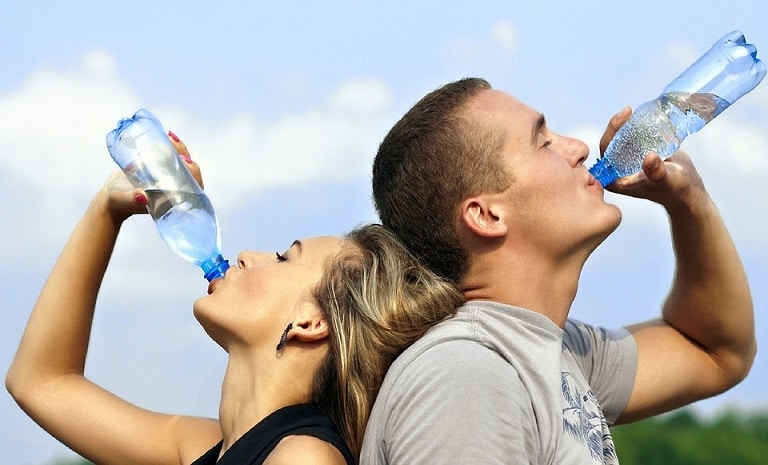Water may be found both on the inside and the outside of the cells that make up our body. Water also makes up the majority of our organs, muscles, and blood. The percentage of water content in the human body ranges from 70 to 80 percent.
A condition known as water retention or fluid retention is characterised by an abnormal accumulation of fluid in the tissues, cavities, or circulatory system of the body.
The amount of water that is contained within your body is controlled by a sophisticated network of hormones and hormone-like chemicals that are referred to as prostaglandins. Because of this, surplus water can be eliminated from the body in the form of urine, and the amount of urine produced can be decreased when hydration levels are low.
Water retention can happen in a number of different parts of the body and for a number of different causes. Oedema is another name for water retention, which is what happens when extra fluid becomes trapped in the tissues of the body. This leads to swelling throughout the body, most noticeably in the hands, arms, ankles, legs, and feet.
Oedema, which was once known as dropsy, is typically connected to either the lymphatic or venous systems, and its symptoms typically manifest themselves gradually over the course of time. People who do not get enough exercise and who stand or sit still for long periods of time are more likely to develop oedema. Oedema can also be caused by a number of other conditions, including diabetes, allergies, malnutrition, excessive salt intake, pregnancy, and a number of medications. Oedema is more common in people who do not exercise much and who stand or sit still for long periods of time.
Another cause of water retention is a dysfunction in the lymphatic system, which can lead to the lymphatic system becoming overburdened and unable to return fluid to the bloodstream at a rapid enough rate. This can lead to increased water retention. When anything like this takes place, fluid will begin to collect around the tissues. If the lymphatic system is clogged up, fluid may linger inside the tissues, which can cause swelling in various places of the body. This can happen if the lymphatic system is congested.
The Waterfall Diet is one solution to the problem of water retention. This diet is rich in flavonoids and several other minerals, and it encourages urine, which helps remove the water that has been retained in the body. Consuming coumarin-rich foods such as celery, parsley, and other herbs and vegetables is essential for this diet.
Drinking more water is, of course, the greatest answer; yep, believe it or not, this is the solution to water retention; drinking more water will prevent the body from holding onto water. When you are dehydrated, your body will normally hold onto water so that the vital organs can continue to function at their best. However, once it begins to receive an adequate amount of water on a consistent basis, it will begin to urinate out any excess water, which will cause the swelling to decrease. Do not consume diuretics because doing so can cause the blood to become dehydrated; rather, invest in a water cooler and make it a habit to drink the filtered, chilled water that it produces on a regular basis.
Living-Water is the company to go to for mains fed water coolers, bottled water dispensers, and short term water hiring.






